How Often Do Tacoma Water Heaters
Need to be Replaced?
For most homeowners, a water heater is an appliance that goes unnoticed until you suddenly find yourself without hot water. Unfortunately, this can happen at any time if your water heater isn’t properly maintained and cared for. Knowing how often a water heater needs to be replaced is essential in making sure you don't experience inconvenient, or even dangerous, disruptions in service. In this guide, we'll explore the signs it's time for a replacement and what needs to be taken into consideration when deciding whether you should invest in a new system. Read on to learn more about ensuring your family has consistent access to hot running water.

What is the average lifespan of a hot water heater
Hot water heaters are an essential part of any home's day-to-day operations. They provide hot water for showers, baths, dishes, and laundry. But like any appliance, they have a lifespan. On average, a hot water heater lasts between 8-12 years. However, there are several factors that can affect its lifespan, such as:
Type of unit: Tankless water heaters have a longer average lifespan than traditional tank units.
Quality of installation: Poorly installed or maintained hot water heaters can drastically reduce their life expectancy.
Maintenance: Regular maintenance and inspections are key to keeping your hot water heater running smoothly and for as long as possible.
Frequency of use: Hot water heaters that are in use all day, every day will not last as long as those that are used more sparingly.
Hard water levels in the area: Hard water can cause mineral deposits to build up over time, reducing the efficiency and life of your unit.

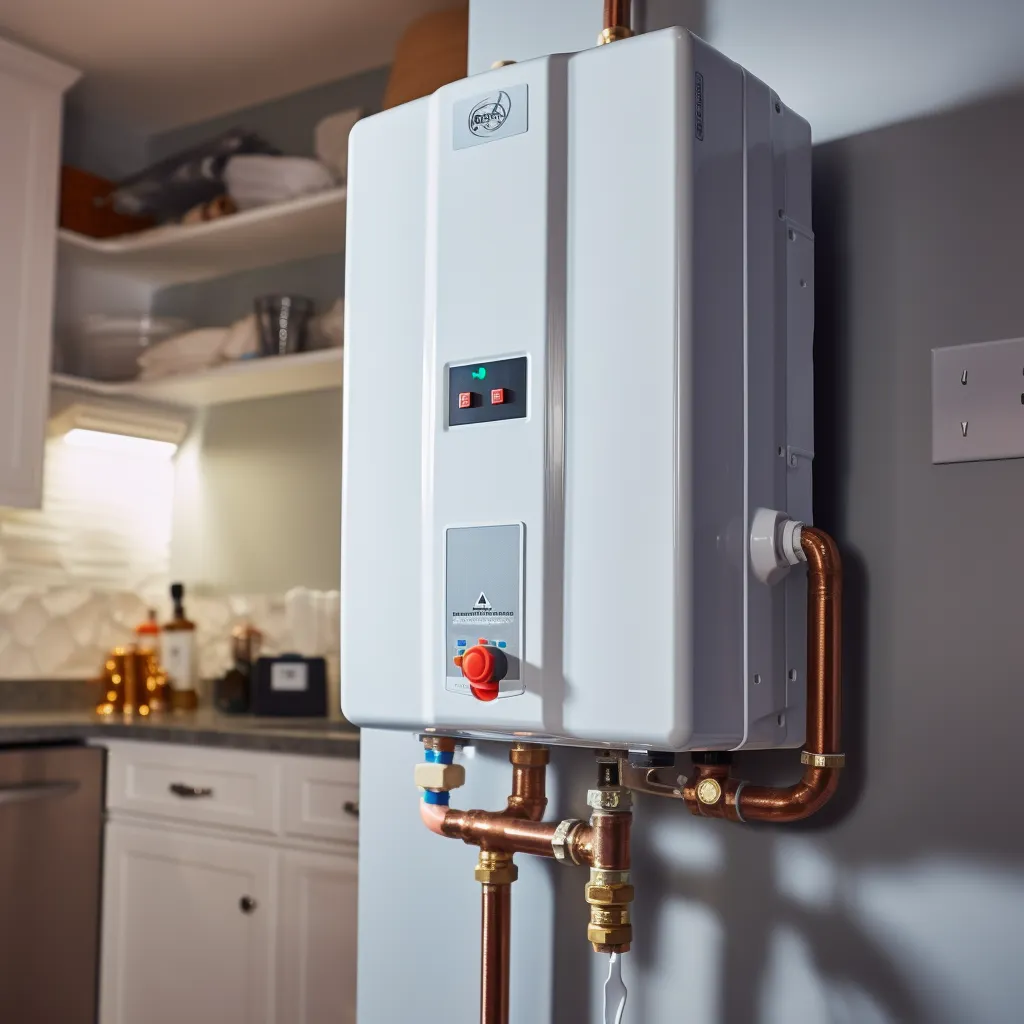
Consider your budget
for a new hot water heater
With so many options available in the market, it can be overwhelming to decide which water heater is the best for your budget and household needs. It is important to analyze your budget and prioritize your requirements before making a decision. You can consider energy efficiency, capacity, and type of hot water heater that fits your lifestyle. Some models may require more upfront costs but could result in long-term savings on energy bills. Remember that investing in a high-quality hot water heater can save you money in the long run, so it is worth taking the time to assess your budget and options.

What to consider before deciding to replace your water heater
The thought of replacing your water heater may seem intimidating, but it's a decision that shouldn't be taken lightly. Factors such as age and efficiency play important roles in making the right choice. If your water heater is over 10 years old, it may be time to start considering a replacement. Additionally, if it's constantly in need of repair, a new water heater may be a more cost-effective solution. Another crucial factor to consider is the energy efficiency of your current water heater. Upgrading to a more efficient model can significantly reduce your monthly utility bills. Before making any decisions, it's important to do your research and consult with a professional to determine the best course of action for your specific needs.

Ways to maximize the life
of your water heater
Most people tend to take their water heater for granted and only give attention to it when it malfunctions. To make the most out of your water heater, it is crucial to know some ways to maximize its life.
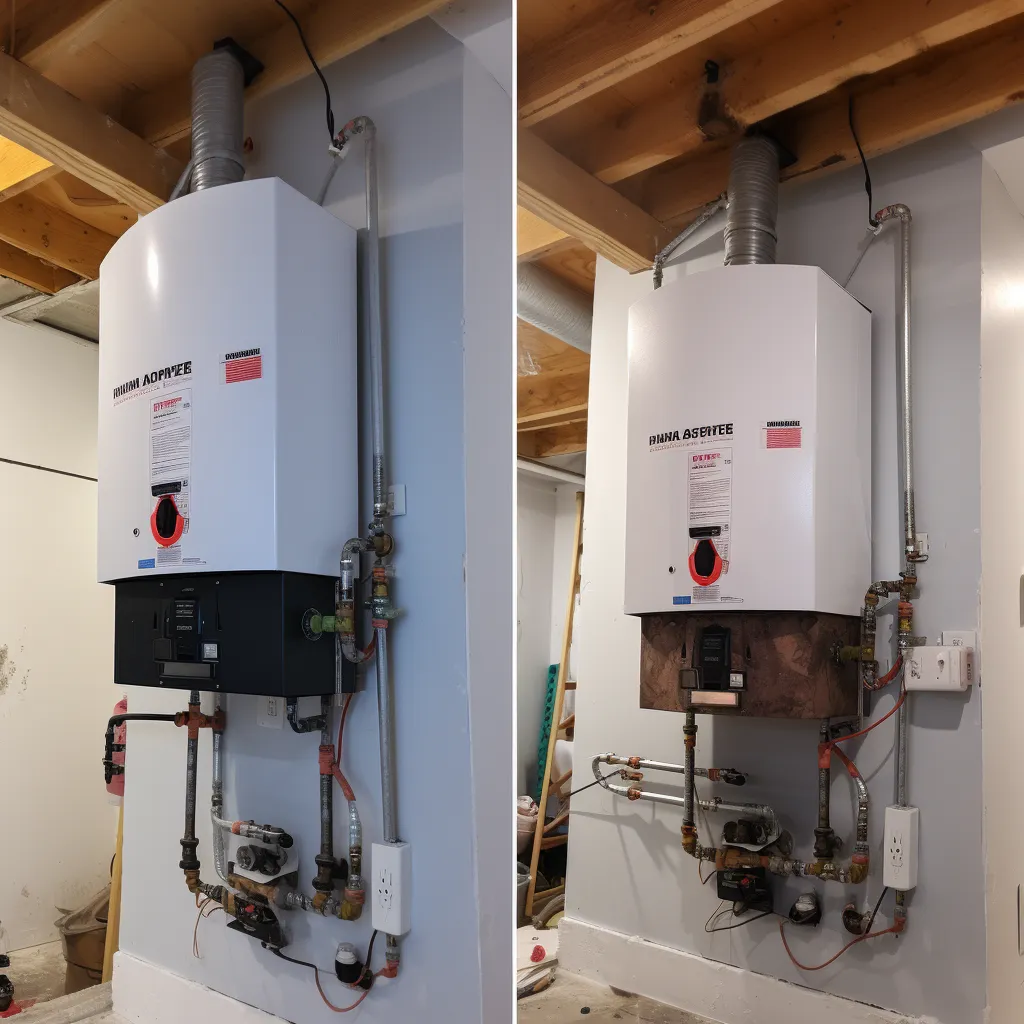
Regularly flush and maintain your water heater: Flushing the sediment out of your water heater can help to reduce corrosion and extend its life.
Install a filter: Water filters help to remove any dirt, debris, or other contaminants from entering the system and clogging up the pipes.
Insulate hot water storage tanks: Insulating your hot water storage tanks can help to prevent heat loss, resulting in higher energy efficiency and reduced costs.
Check the temperature and pressure relief valve: Make sure that your temperature and pressure relief valve is functioning properly. If it's not, it could lead to a dangerous buildup of steam or pressure.
Regularly inspect the anode rod: The anode rod helps to protect the inside of your hot water tank from corrosion. Regularly inspecting and replacing it can help extend the life of your unit.
Use a timer: Installing a timer on your water heater can ensure that it's not running constantly, saving you money and prolonging its life.
Decrease the temperature setting: Setting your water heater to the correct temperature can help to increase its efficiency and reduce wear-and-tear.
By following these simple steps, you can help to ensure that your water heater lasts for as long as possible. Taking the time to maintain inspect your water heater regularly will go a long way in saving you money, energy, and stress down the line.
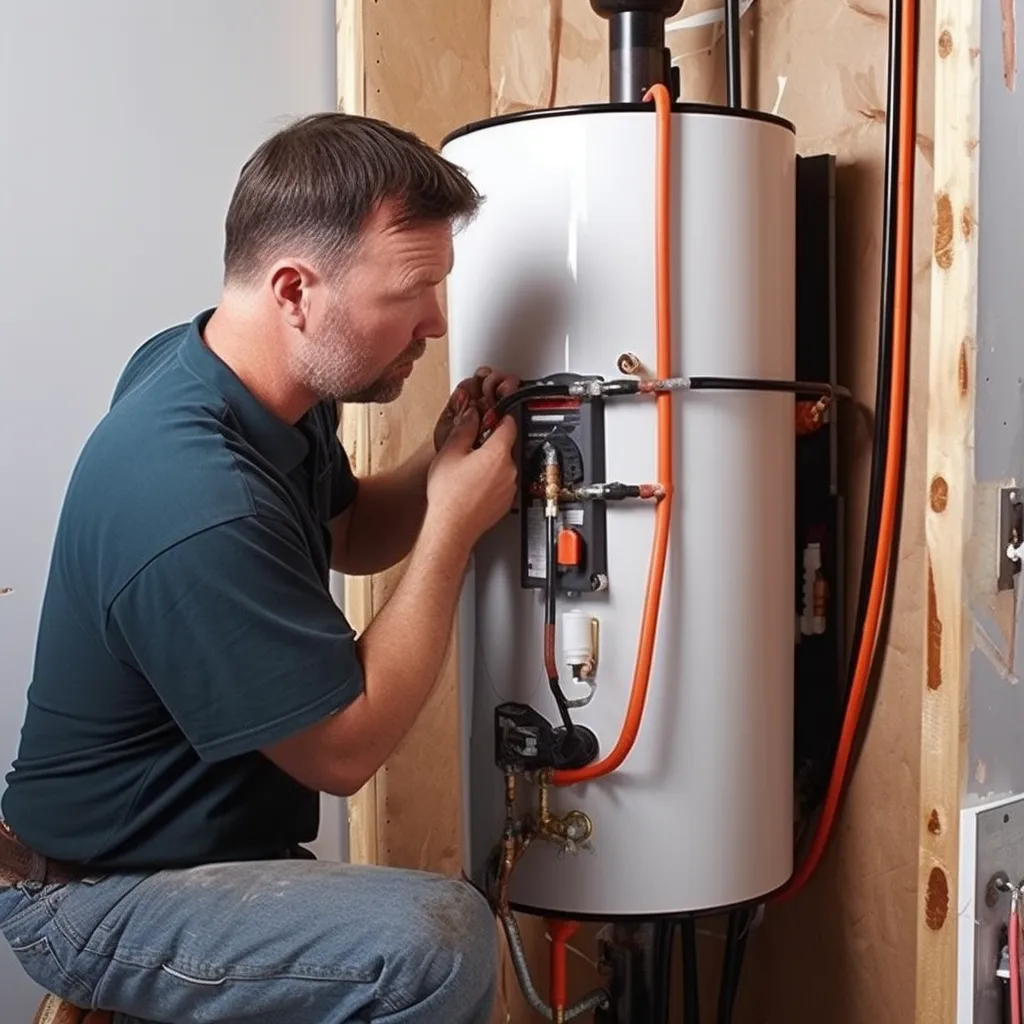
When to repair
your water heater
It is important to know when to repair your water heater so you can be prepared when the time comes. One of the first signs that you need a repair is if you notice that your water heater is producing less hot water than usual. This could mean that there is a problem with the heating element or other components. Another telltale sign that your water heater needs to be repaired is if you hear strange noises coming from it. These noises can be an indication of sediment buildup or other mechanical issues. If you notice any of these signs, it is important to call a professional to come and diagnose the problem. By addressing any issues promptly, you can help extend the life of your water heater and avoid costly replacements.
Signs that it's time to replace
your water heater
Like any mechanical device, your home's water heater will not last forever. There are several tell-tale signs that it may be time to replace your water heater.
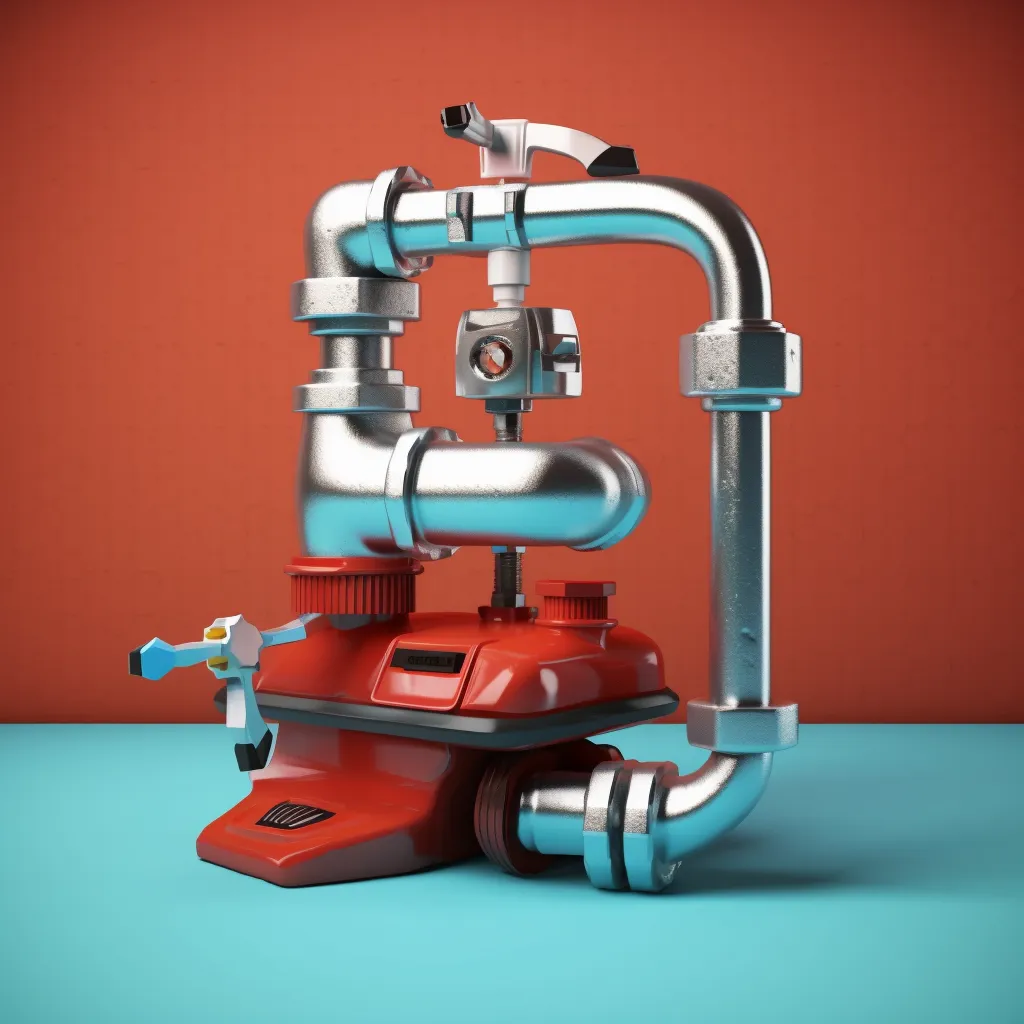
If it is more than 10 years old: The average life expectancy of a water heater is 10-15 years. If yours is over 10 years old, then it may be time to start considering a replacement.
If you hear strange noises coming from the unit: Noises such as popping or gurgling can indicate sediment buildup in the tank and could be an indicator that you need a new unit.
If it's leaking: If you notice any water or liquid around the base of your water heater, then this could indicate a leak and should be looked at right away.
If you experience frequent hot water outages: If you find yourself running out of hot water quickly, then this may be an indication that your water heater is no longer functioning properly and may need replacing.
If you notice an increase in your monthly utility bills: A faulty water heater can lead to increased energy costs, so if you notice a sudden spike in your utility bills, it may be time for replacement.
If it needs to be repaired frequently: If you find yourself making frequent repairs to your water heater, then it may be time to consider a replacement.
If there are signs of corrosion or rust around the unit:
Corrosion or rust around the unit can indicate that it is no longer functioning properly and may need to be replaced.
If it produces water that has a strange taste or odor: If the water that comes out of your water heater has a strange taste or odor, then this could be an indication that the unit is no longer functioning properly and needs to be replaced.
If it doesn't produce enough hot water: If you find that your water heater is not producing enough hot water to meet your needs, then it may be time for a replacement.

Ignoring these warning signs can result in serious damage to your home and potentially harmful health risks. If you're experiencing any of these issues, it's best to contact a professional to assess the situation and provide recommendations on replacement options.
What does it cost to replace a water heater?
When your water heater stops working, one of the first questions you may have is, "How does it cost to replace a water heater?" The answer depends on a few factors:
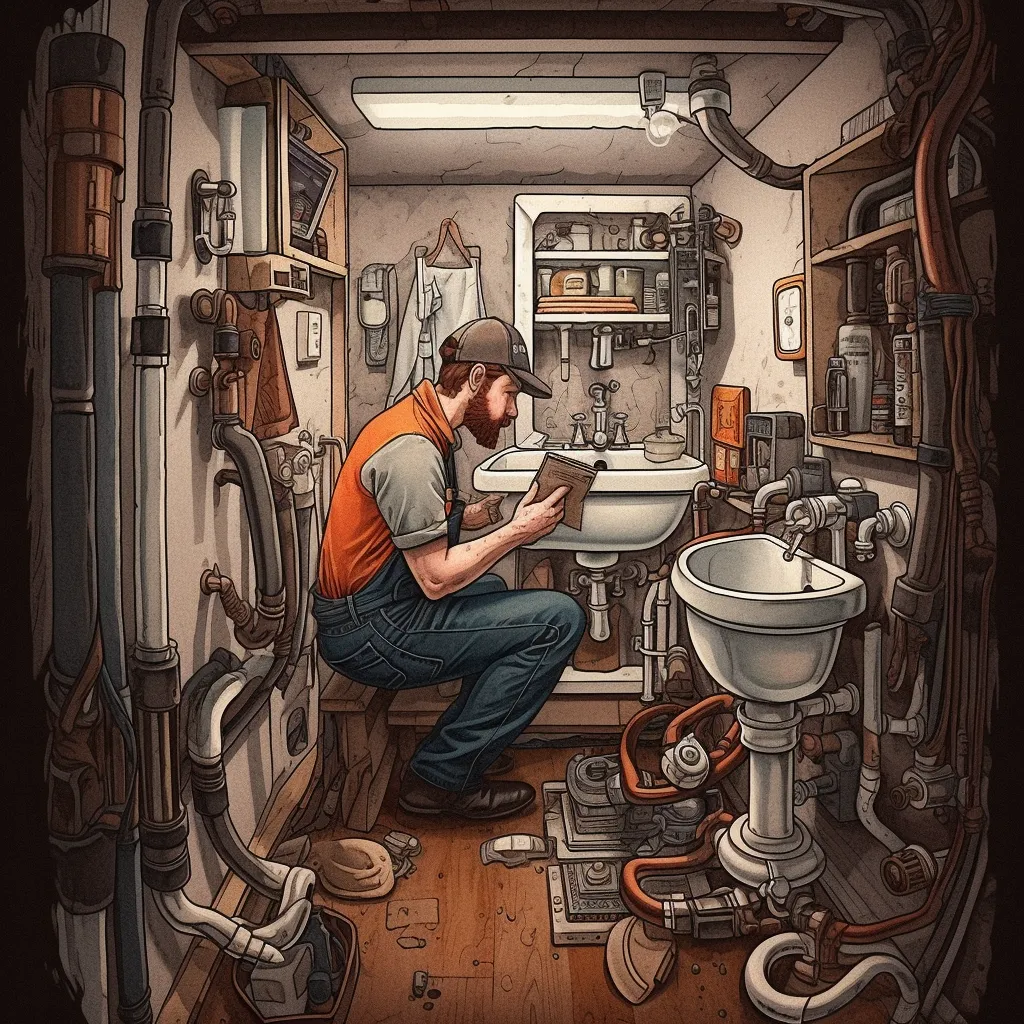
The type of water heater: There are a variety of different types of water heaters, from standard electric models to tankless systems. The cost of replacing your unit will depend on the type you choose.
The size of the unit: The larger the water heater, the higher the replacement cost.
Any additional installation costs: Depending on the complexity of the installation and any other work needed, additional installation costs may be required. It is important to factor this in when determining your budget for a water heater replacement.
In general, you should expect to pay anywhere from $500-$2,500 for a standard electric water heater replacement. Replacing a tankless water heater can cost even more, ranging from $1,000-$3,500.
Replacing your water heater can be a substantial investment, but it is important to keep in mind that investing in a quality unit will pay off in the long run with increased energy efficiency and lower utility bills. It is also important to remember that water heaters are an essential part of your home and should be replaced when necessary to avoid costly damage down the road.
Common FAQs regarding replacement and installation of a water heater
There are common FAQs that can help guide you through the process of replacing and installing a water heater. Some of the most common questions include:
What size water heater do I need?
How long will it take to install?
What type of fuel source should I use?
What is the estimated cost?
Do I need a professional to install the new unit?
The answers to these questions will vary depending on your individual needs and preferences. It is important to consult with a qualified professional, such as a licensed plumber, for the best advice and guidance when it comes to replacing and installing a water heater. They can help you determine the right size and type of water heater for your home, as well as provide an estimate for installation costs and any other additional work that may be required.
Ways to save money
on replacing a hot water heater
Replacing a hot water heater can be a costly investment, but luckily there are ways to save money while still ensuring your home has reliable access to hot water. Here are some ways to save money:
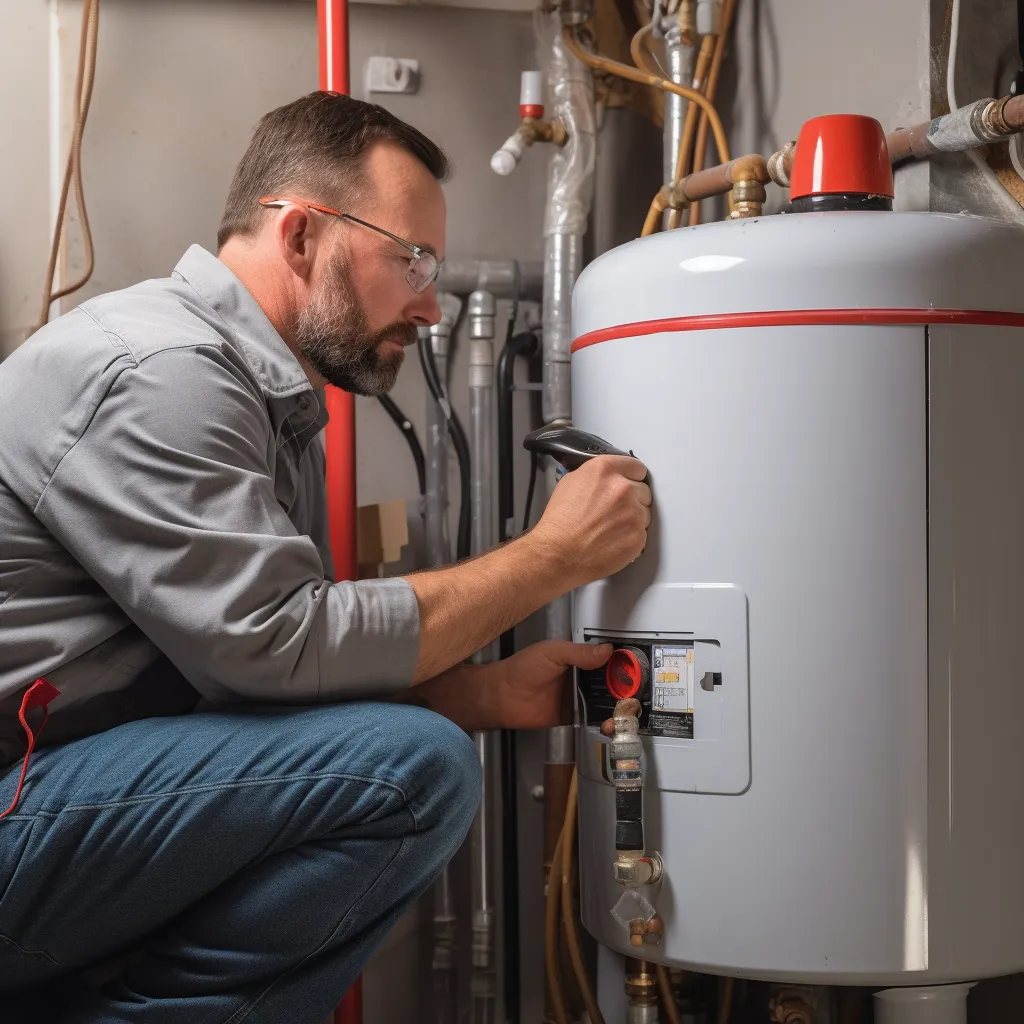
Research your options: Take the time to research different types of water heaters, such as standard electric models and tankless systems, to determine which type is best for your home.
Look for energy-efficient models: Investing in an energy-efficient model can help you save money on your utility bills over time.
Shop around for the best price: It is important to compare prices from different suppliers and retailers to make sure you are getting the best deal.
Take advantage of rebates and incentives: Many states offer rebates or other incentives for investing in energy-efficient models, so be sure to research any available programs in your area.
Invest in a tankless water heater: Tankless water heaters can be more expensive upfront, but they can help you save money on energy bills over time.
Hire a professional to install the new unit: While it may be tempting to attempt a DIY installation of your new water heater, hiring a qualified professional is always the best option to ensure it is installed properly and safely.
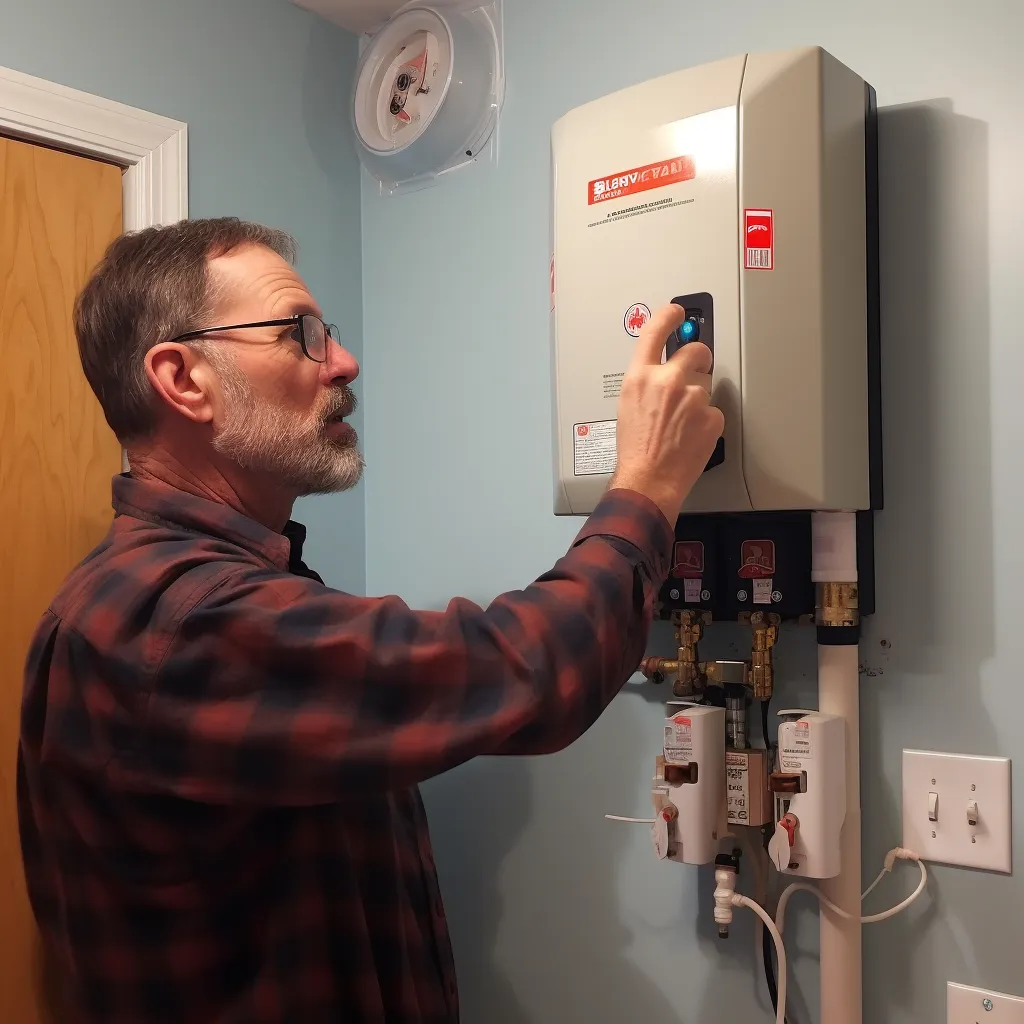
Hiring a professional vs DIY installation of a new hot water heater
When it comes to replacing your old hot water heater, you may be tempted to take on the task yourself to save some money. However, it may not be as simple as it seems, and hiring a professional could actually end up saving you more in the long run. Professionals are experienced in hot water heater installation, ensuring that everything is done correctly and up to code. They can also provide warranties on their work and the equipment they supply, giving you peace of mind. DIY installation can lead to mistakes and potential safety hazards that could end up costing you more money in repairs or gas and electricity expenses. While it may seem like the cheaper option initially, investing in a professional installation may be the smarter choice in the end.

Tips on finding a quality, experienced professional for installation
There are a few key things you should keep in mind when hiring a licensed professional for water heater installation:
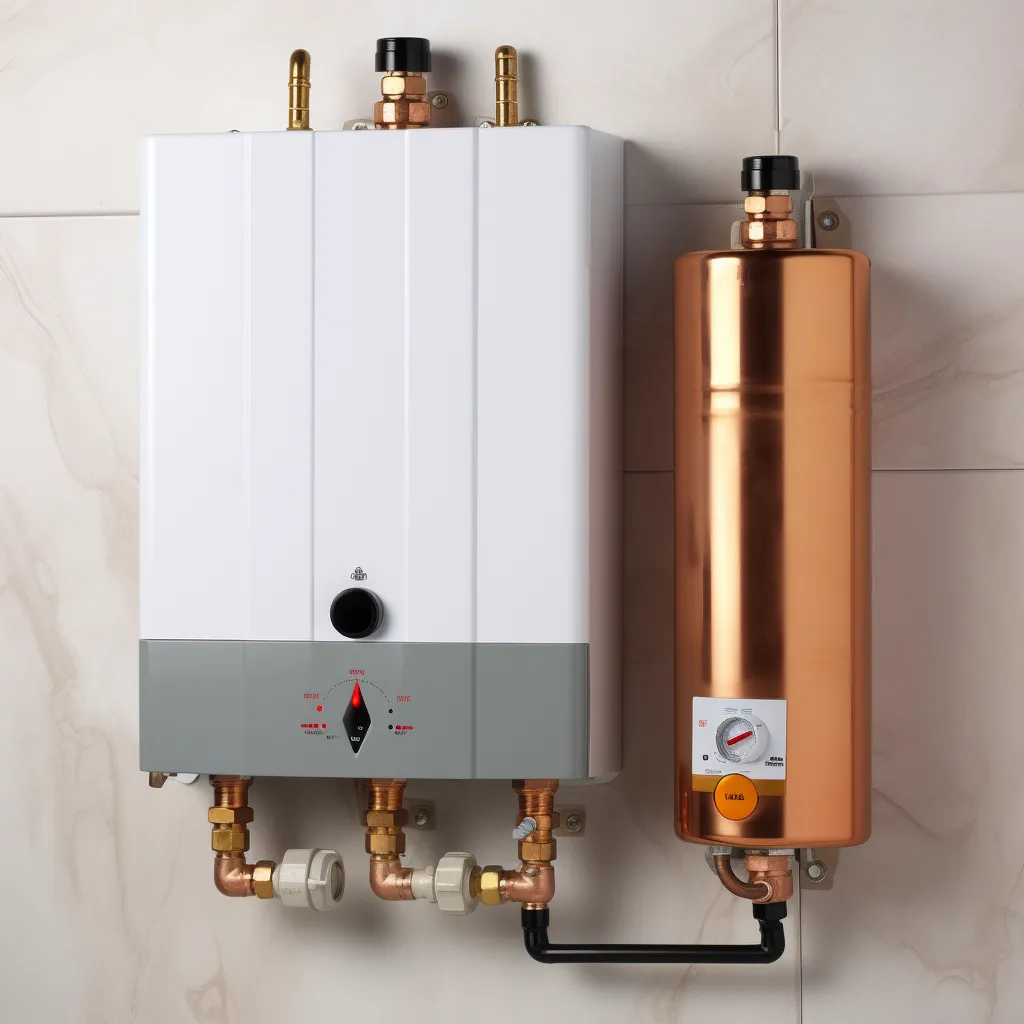
Do your research: Look for reviews online, read customer testimonials and ask friends or neighbors if they have any recommendations.
Check credentials: Make sure the professional you hire is licensed, insured and qualified to perform water heater installation in your area.
Verify references: Ask for past customer references to get an idea of the quality of work the professional has provided.
Get a written estimate: Ask for an itemized list of costs and make sure that everything is included in the written quote.
Compare bids: Once you have gathered quotes from different professionals, compare them to ensure you are getting the best deal.
Qualifications and certifications: Make sure the professional you choose has the necessary qualifications and certifications to perform the installation safely and effectively.
Don't choose solely based on price: While affordability is important, investing in a professional with the right expertise and experience will save you money and hassle down the line.
Contact Us
